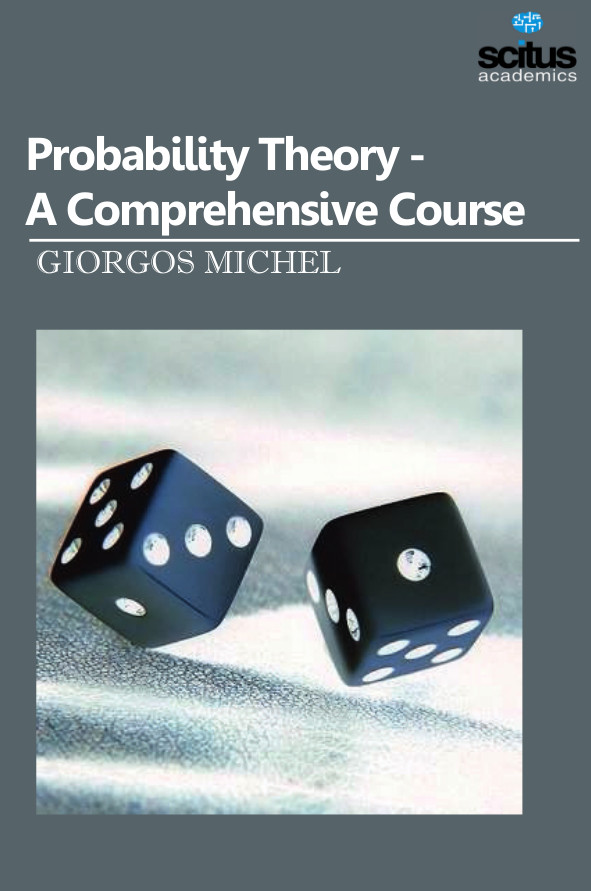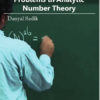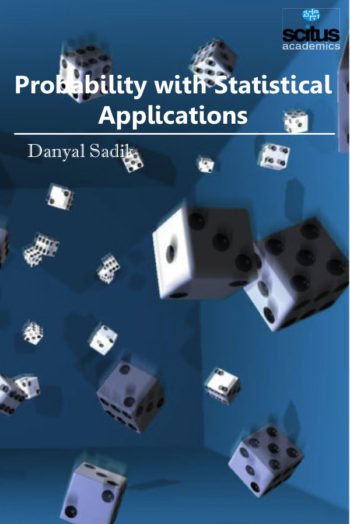Probability theory is the branch of mathematics concerned with probability, the analysis of random phenomena. The central objects of probability theory are random variables, stochastic processes, and events: mathematical abstractions of non-deterministic events or measured quantities that may either be single occurrences or evolve over time in an apparently random fashion. The outcome of a random event cannot be determined before it occurs, but it may be any one of several possible outcomes. The actual outcome is considered to be determined by chance. The word probability has several meanings in ordinary conversation. Two of these are particularly important for the development and applications of the mathematical theory of probability. One is the interpretation of probabilities as relative frequencies, for which simple games involving coins, cards, dice, and roulette wheels provide examples. It is not possible to predict precisely results of random event. However, if a sequence of individual events, such as coin flipping or the roll of dice, is influenced by other factors, such as friction, it will exhibit certain patterns, which can be studied and predicted. Two representative mathematical results describing such patterns are the law of large numbers and the central limit theorem. As a mathematical foundation for statistics, probability theory is essential to many human activities that involve quantitative analysis of large sets of data. Methods of probability theory also apply to descriptions of complex systems given only partial knowledge of their state, as in statistical mechanics. The book Probability Theory: A Comprehensive Course emphasizes modern probability theory. Overall, probabilistic concepts play an increasingly important role in mathematics, physics, biology, financial engineering and computer science. They help us in understanding magnetism, amorphous media, genetic diversity and the perils of random developments at financial markets, and they guide us in constructing more efficient algorithms.













